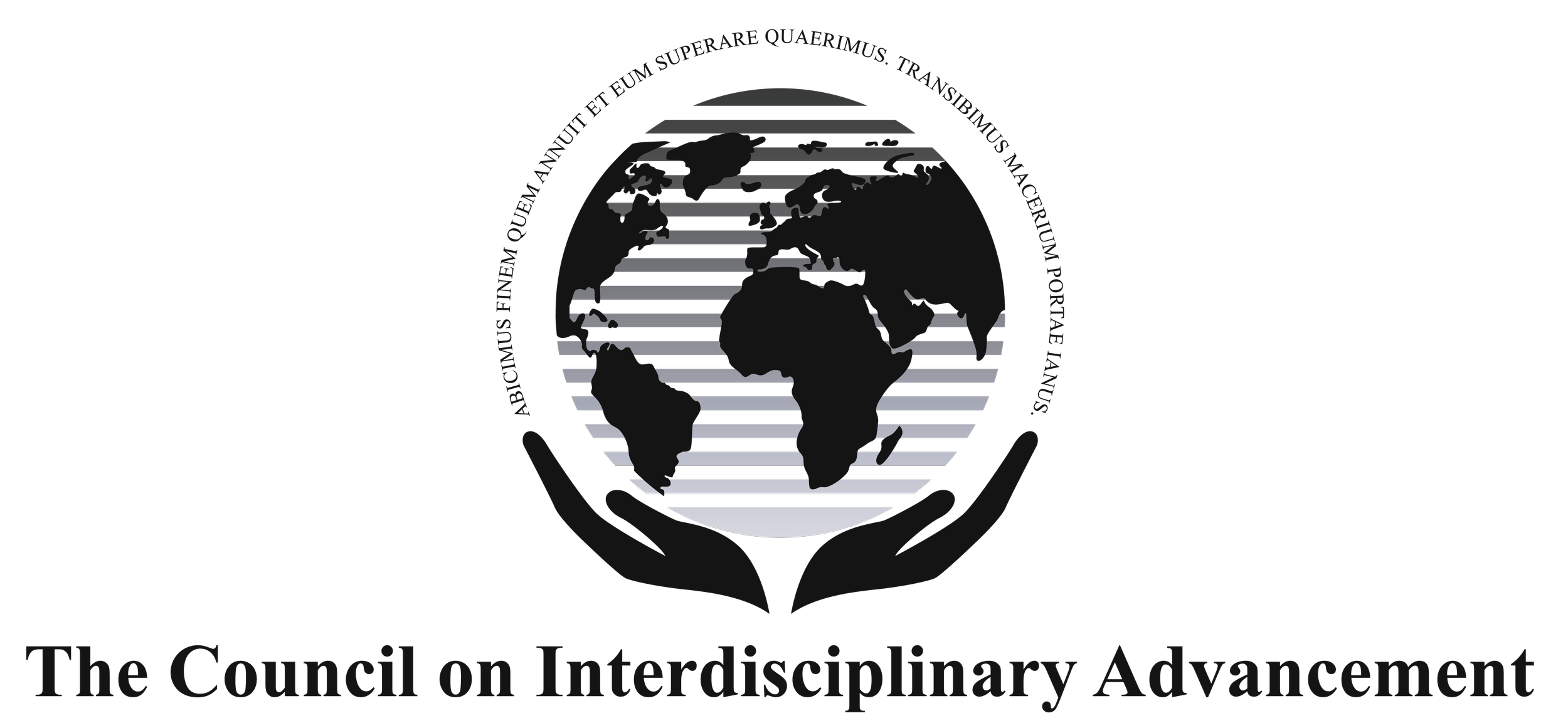
THE COUNCIL ON INTERDISCIPLINARY ADVANCEMENT (TCOIA) is the exclusive nexus for strategic thought leadership and collaborative inter-sector dialogue.
We serve as a distinct platform, bringing together influential professionals outside of C-suite and corporate board roles to leverage their collective insights. TCOIA empowers its members to achieve high-level professional milestones and drive global impact across government, policy, and legislation. Our community fosters cross-sector collaboration with international partners, cultivating new business opportunities and advancing best practices for the modern professional environment.
While global corporate leaders can provide a broad overview of what is happening in their industries and attempt to implement policies based on their interactions with other business leaders and politicians, it is the executives, directors, and managers within operations, sales, healthcare, finance, and engineering (the “in-the-trenches” professionals) that possess the detailed knowledge of issues, constraints, bottlenecks, innovations, and solutions and are constantly exposed to the effects of arising changes. As these professionals interact and collaborate, communication improves, and scalable ideas emerge.
Following the tenure of General Electric (GE) CEO Jack Welch, the term “shareholder value” became entrenched as a corporate mantra. Welch, who served as CEO from 1981 to 2001, popularized this concept, which emphasized maximizing profits for shareholders, often through cost-cutting measures. While this approach did result in short-term profit gains, it also had significant long-term negative consequences.
Welch’s cost-cutting strategies included heavy reductions in GE’s workforce and a focus on GE Capital, which led to an overemphasis on financial services at the expense of the company’s core manufacturing business. GE’s sales, particularly in the industrial sector, did indeed suffer in the long run, with the company facing an 80% decline in stock value by the time of Welch’s departure in 2001. Consumer faith in GE household products were at an all-time low, with shoddy quality, at best, being standard. At the same time, GE’s profits surged, largely due to investments in GE Capital, which specialized in high-risk financial products, including the trade of junk bonds and corporate debt (Flanagan, 2002).
The “shareholder value” model championed by Welch ultimately became a guiding principle not just for S&P 500 companies, but for businesses worldwide. The model’s emphasis on financial returns at the expense of other stakeholders (employees, customers, etc.) led to increased capitalization of many companies. However, it also contributed to a larger trend of corporate “dehumanization,” a focus on the bottom line often came at the cost of employee well-being, job security, and internal company culture.
Welch’s management style and the admiration of his cost-cutting approach by boards and executives throughout the corporate world led to the creation of more bureaucratic layers and hierarchical structures in companies. As profits were prioritized, corporate boards, executives, and shareholders began to pull away from engaging with the day-to-day operational realities of their businesses, which resulted in a “disconnect” between those at the top and the non-executive employees who held specialized knowledge of the company’s inner workings.
In this environment, employees, particularly those from middle-class backgrounds, were increasingly disenfranchised. The notion of upward mobility in corporations diminished, making it almost impossible for non-executive employees to rise to C-suite and board positions unless they were closely connected to key decision-makers. In many cases, family ties (nepotism), seniority, or networking played a critical role in attaining such positions.
Every Fortune 500 company as well as many mid and small-capitalization businesses, even entrepreneurial companies internally make shareholder value optimization their primary objective and, in the long-term, they will ultimately sacrifice all and more that GE did to pursue improved shareholder value.
In this environment, employees, particularly those from middle-class backgrounds, were increasingly disenfranchised. The notion of upward mobility in corporations diminished, making it almost impossible for non-executive employees to rise to C-suite and board positions unless they were closely connected to key decision-makers. In many cases, family ties (nepotism), seniority, or networking played a critical role in attaining such positions. Every Fortune 500 company as well as many mid and small-capitalization businesses, even entrepreneurial companies internally make shareholder value optimization their primary objective and, in the long-term, they will ultimately sacrifice all and more that GE did to pursue improved shareholder value.
THE COUNCIL ON INTERDISCIPLINARY ADVANCEMENT provides the essential platform that empowers this cohort.
TCOIA is the exclusive organizational source designed to convert lived experiences into global influence. We focus on creating a community where professionals can achieve transformative career milestones and drive strategic change through expert-led discourse and elite collaborative action. TCOIA is dedicated to serving as the unified voice for this influential sector, ensuring their insights shape policy and corporate governance on the issues that will define the future.

The Executive Board of Directors

Honorary Directors & Members

